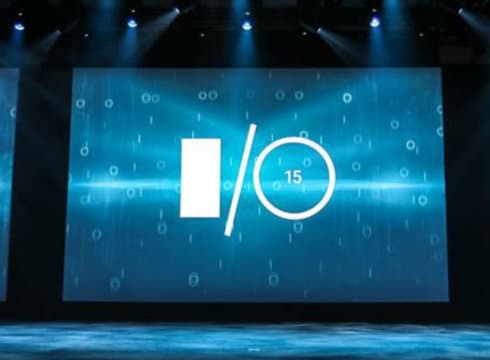Inc42 Daily Brief
Stay Ahead With Daily News & Analysis on India’s Tech & Startup Economy
Google officially announced Google M at its annual I/O event’s keynote yesterday. They announced some very important upgrades in Google M including Permissions on demand, Chrome Custom Tabs, Network Quality Estimator, Android Pay among others.
However, I decided to list some not so widely reported features which will excite a growth marketer.
- App Invites — App Invites toolkit allow app developers to create an interface in their apps for users to send invites over SMS and email It creates personalized onboarding experience for new users by allowing users to directly deep link it to a specific section or attach a custom offer. It also recommends the contacts and method of delivery to them. App developers can measure the success of the app invites via custom reports in Google Analytics. App Invites (Beta). Available for both iOS & Android
- Universal Ad Center — Google is introducing a new way to launch App Install Ads. Now we can launch our App Install Ad directly from Adwords or Play Store Dashboard and with just one ad, we can launch it across Google Search, Google Display, In-App, Youtube & Admob. This will save a lot of time for marketers. They are also adding a new CPI optimization algorithm to deliver better ROI
- Post Back URLs in Google Analytics — This is a big change for marketers. Today, many publishers use 3rd party attribution tools and one of the reasons is that it has post back capabilities which means you can ping back any ad-network when an event is triggered inside your app. This allows Ad-networks to optimize the campaigns at their end. Now Google Analytics brings the same functionality as any 3rd party attribution tool. Google is partnering with 20 ad networks to start with, who will be able to receive such post backs
- Cloud Test Lab — Cloud Test Lab will allow developers to automatically test their apps on several popular physical Android devices. This is a huge relief for QA teams who can’t afford multiple handsets. This will be available to all developers gradually. And the best part is that this service is absolutely free.
- Categorizing Search Results — Play Store will now show results based on interests. For example, someone searching for Nike Shopping may see Myntra App under “Shopping” & Coupon Dunia App under “Coupons” so that users can make informed choices. This labeling will be done directly by Google and they will bifurcate apps with their own Algorithm.
- Cloud Messaging for iOS — Google Cloud Messaging which was so far being used to send Push Notifications to only Android App can also now send push to iOS devices. They have also included Topics which means we can segment push better.
- App Indexing Now on iOS — Google search will now show app results directly even in iOS provided the iOS app is indexed with Google.
- Deep Link Simplified — Currently lets say if the TOI app is installed on the phone and a user searches for some news in google or elsewhere, which returns a m.timesofindia.com link (or someone shares a m.timesofindia.com link in Whatsapp or SMS) then currently on click, system prompt is shown asking the user to select where to open the link — browser or APP. In Google M, they have done away with this extra step if we add an auto-verify code in our app. This way the m.timesofindia link will immediately open the respective screen in the app. If user does not have the app installed then it goes to m.toi page in browser
- Native Ad Integration in Android Studio — Google is realizing the importance of native ads for app publishers. Admob will serve native ads in an app using this integration. They announced the integration of AdMob into Android Studio. Developers will now be able to create native ad units, while developing their app. They will no longer need to create custom ad unit post development. Developers can easily adjust ad styles with CSS.
- Custom Audience Targeting in Admob — Admob is enhancing its Audience Builder Tool further by adding custom audiences (a la Facebook). For example, you could create an audience list of users who have played 20 levels but not bought any freemium items. Now export that list to Google AdWords, and you can show ads to this list to upsell the freemium offer while they’re in another game or app. Audience Builder is available in all AdMob accounts now
- Conversion Analytics in Play Store Dashboard — Now get to see which sources deliver better for App Install ads directly in Play Store Dashboard. The best part is that they no longer need any attribution tool to tell them — they pick up the source as long as UTM parameters are in place. This will help the marketing team & business team to get all the app install sources and their effectiveness from a single snapshot.
Related: Why Google is hiding some useful data on its Play Store Dashboard?
{{#name}}{{name}}{{/name}}{{^name}}-{{/name}}
{{#description}}{{description}}...{{/description}}{{^description}}-{{/description}}
Note: We at Inc42 take our ethics very seriously. More information about it can be found here.


